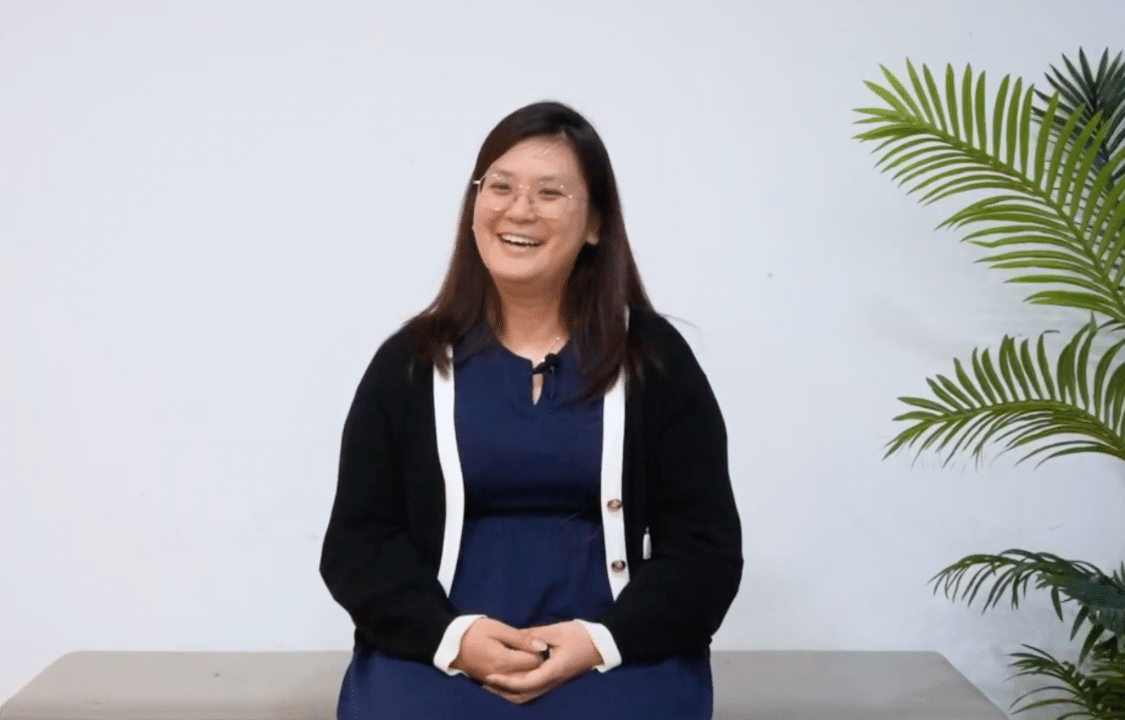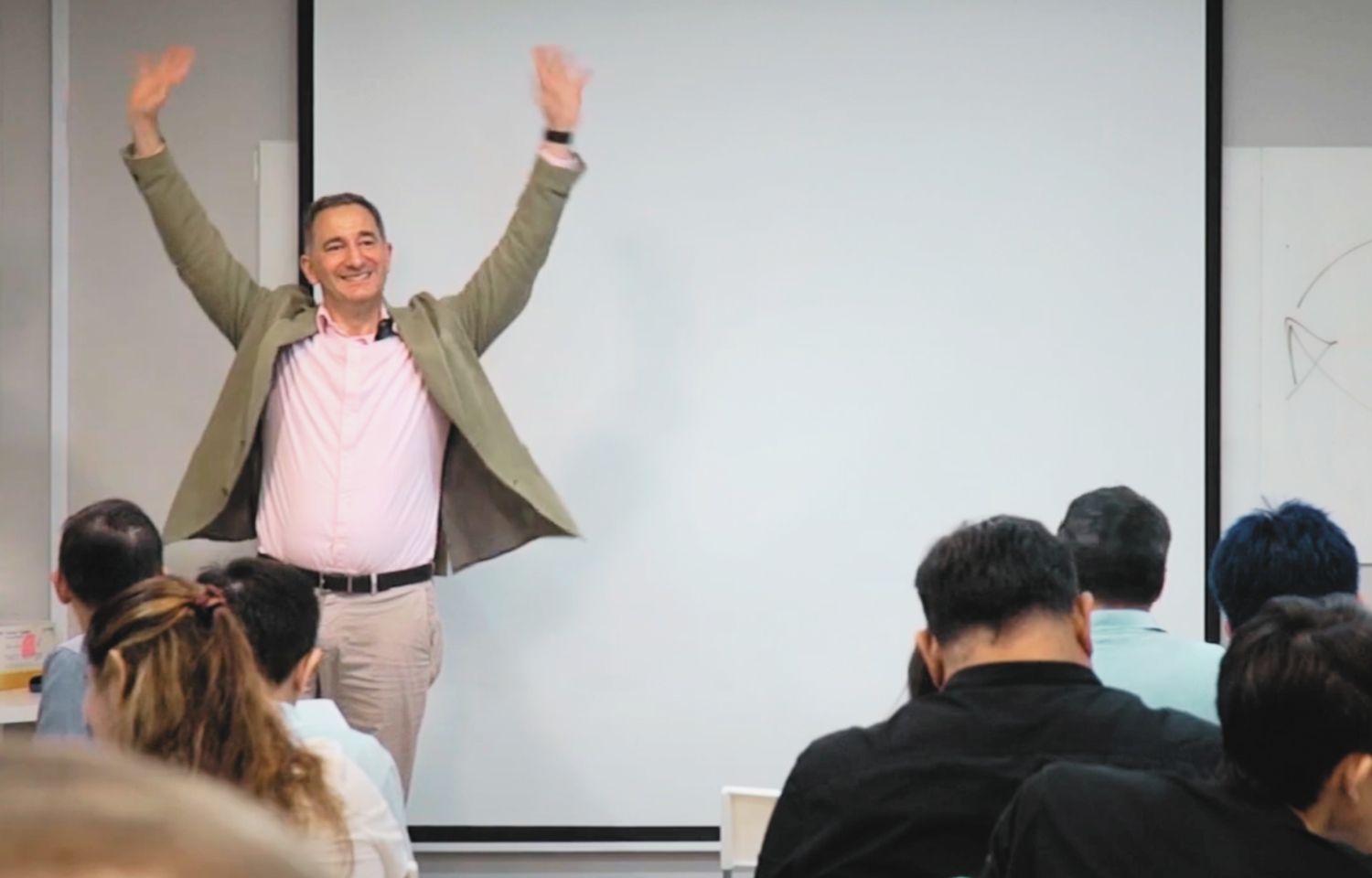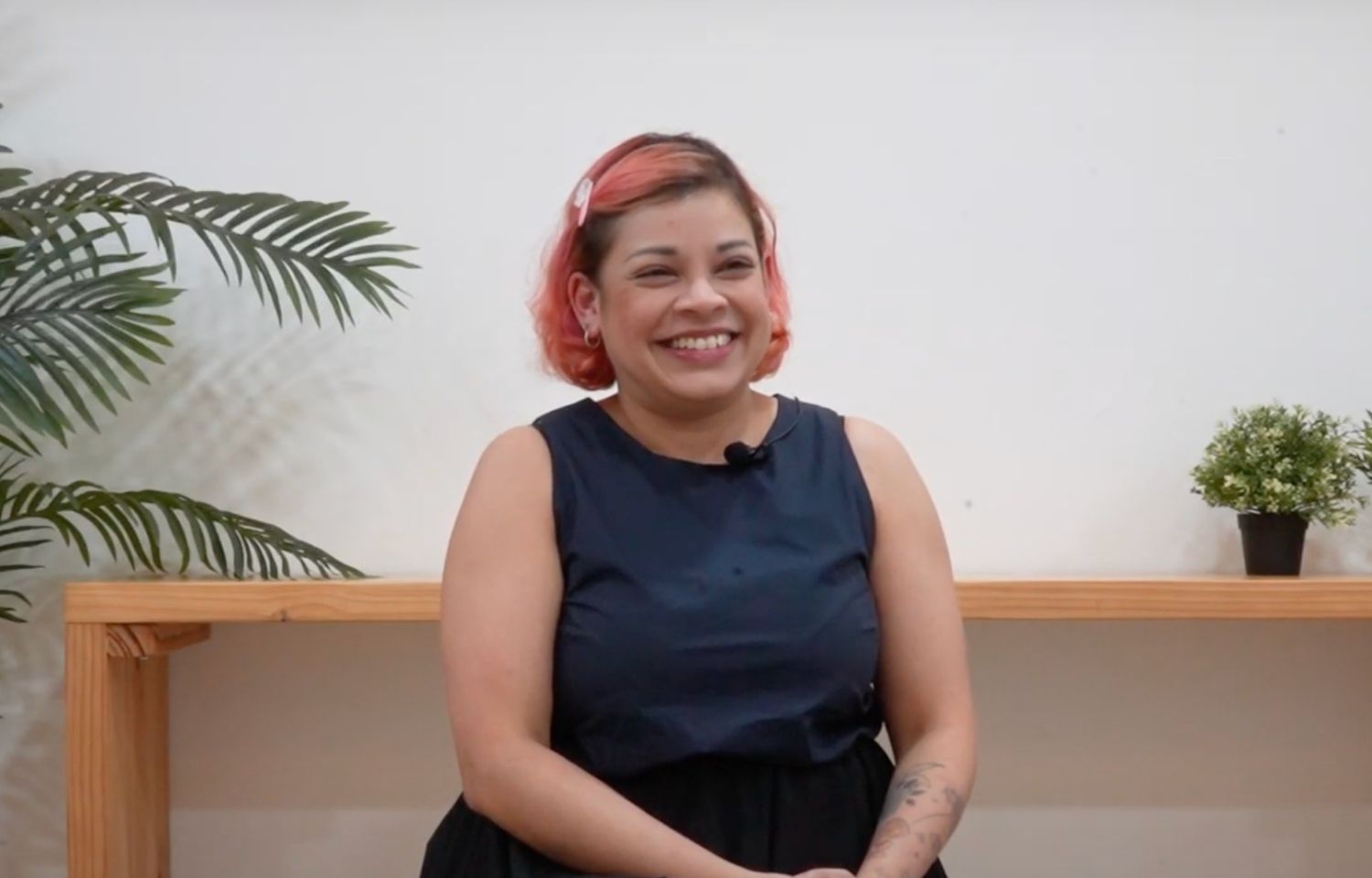
- Articles ·
Solution-Focused Brief Therapy: A Future-Oriented Approach to Mental Wellbeing
- Jun 30, 2025 ·
If there’s a modality that builds on what's working, it’s SFBT—an evidence-based approach that positions the client as the expert and the therapist as a…

- Articles ·
Overwhelmed with Anxiety? Here’s How Psychotherapy Can Help
- May 29, 2025 ·
Anxiety disorders are the most common mental health condition globally. Learn to spot its signs, and discover how psychotherapy offers strategies to cope and build…

- Articles ·
The ROI of Employee Wellbeing: 6 Reasons Why Workplace Wellbeing is Important
- Apr 16, 2025 ·
Prioritising employee wellbeing isn't just good for your people, it's a smart business strategy. Here are 6 reasons why investing in corporate wellbeing pays off.

- Ripples ·
Janice: Bridging Classroom and Corporate Skills with Coaching Psychology
- Mar 28, 2025 ·
Discover how coaching psychology bridges the gap between classroom learning and corporate skills, empowering personal and professional growth.

- Articles ·
Understanding Happiness: A Pleasurable or Meaningful Life?
- Mar 21, 2025 ·
Unpack the age-old question of "What is happiness?" by looking into the science of happiness, and the different pursuits, from hedonic to eudaimonic.

- Articles ·
Work-Life Harmony: A Fresh Look at Work-Life Balance
- Feb 27, 2025 ·
Work-life isn’t a division to balance but a symphony to harmonise. Discover the benefits of work-life harmony and practical ways to create it for yourself.

- Articles ·
Gratitude in Positive Psychology: How It Improves Wellbeing and Mental Health
- Dec 17, 2024 ·
Imagine starting your day with a simple moment of reflection: What are you grateful for today? It could be as grand as the love of…

- Articles ·
Cognitive Behavioural Therapy Explained: How Changing Your Thoughts Can Change Your Life
- Dec 2, 2024 ·
The way we think has a profound impact on how we experience life, affecting our emotions, actions, and overall wellbeing. But to what extent can…

- Articles ·
Thinking of Becoming a Psychotherapist? Here’re Five Things You Need to Know
- Oct 24, 2024 ·
Want to become a psychotherapist in Singapore? Here's 5 things you need to know and how you can get started on your journey.

- Articles ·
How to Overcome Self-Limiting Beliefs: Online Workshop for Personal Growth
- Oct 21, 2024 ·
Self-limiting beliefs can hold you back, but they don't have to. Access our free workshop to learn how psychology-informed coaching can unlock your potential.

- Articles ·
What is Positive Psychology? The All-You-Need-to-Know Guide
- Oct 18, 2024 ·
What if, instead of waiting for problems to surface, we could practise building wellbeing and resilience regularly? That's positive psychology in a nutshell.

- Ripples ·
Stacey Nonis: Transform Your Life with Positive Psychology
- Sep 19, 2024 ·
Little did I know, the first thing that it actually impacted was a lot of conversation that I had with myself. In a world where…
